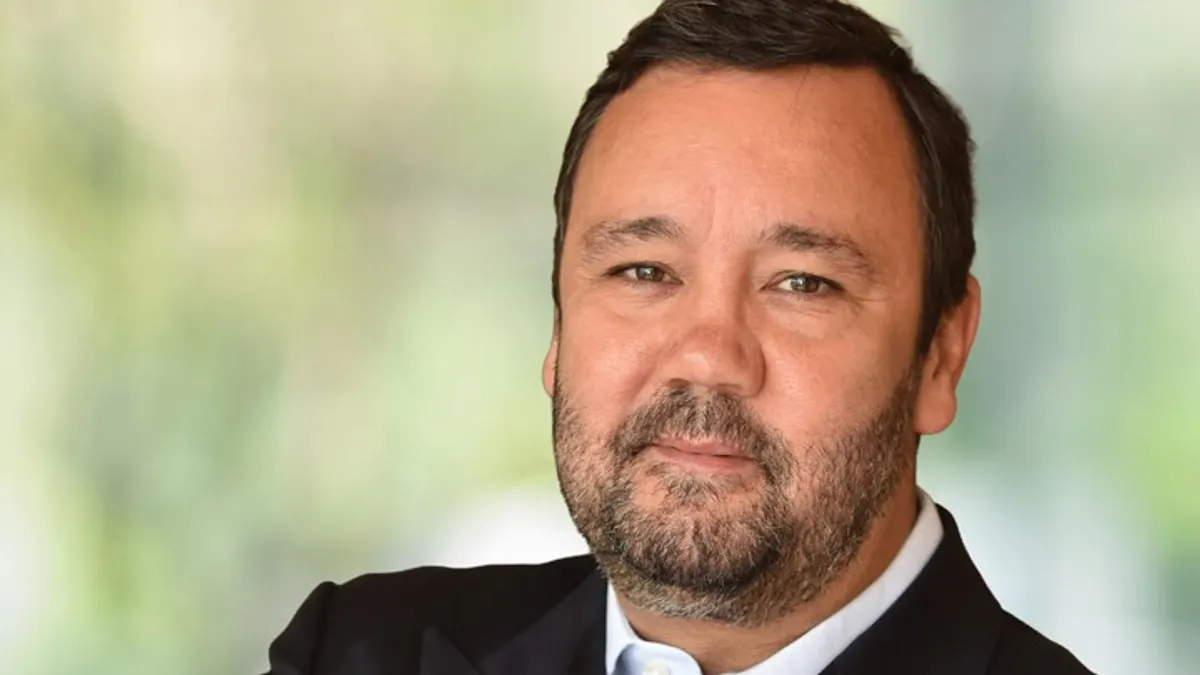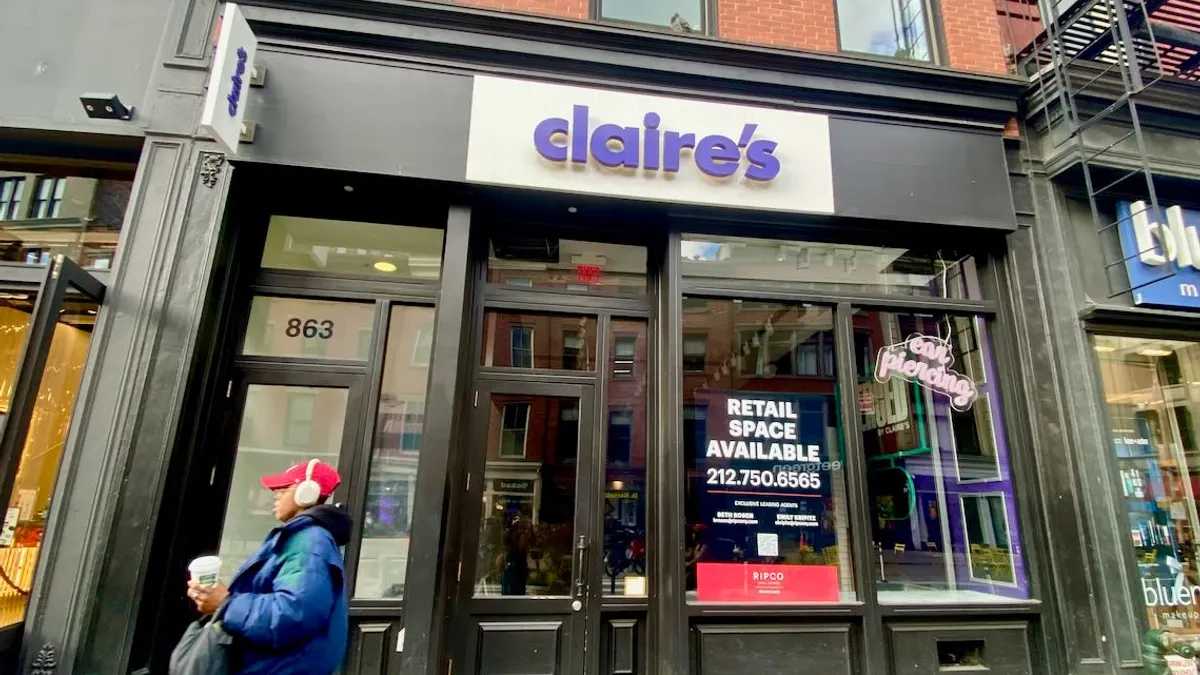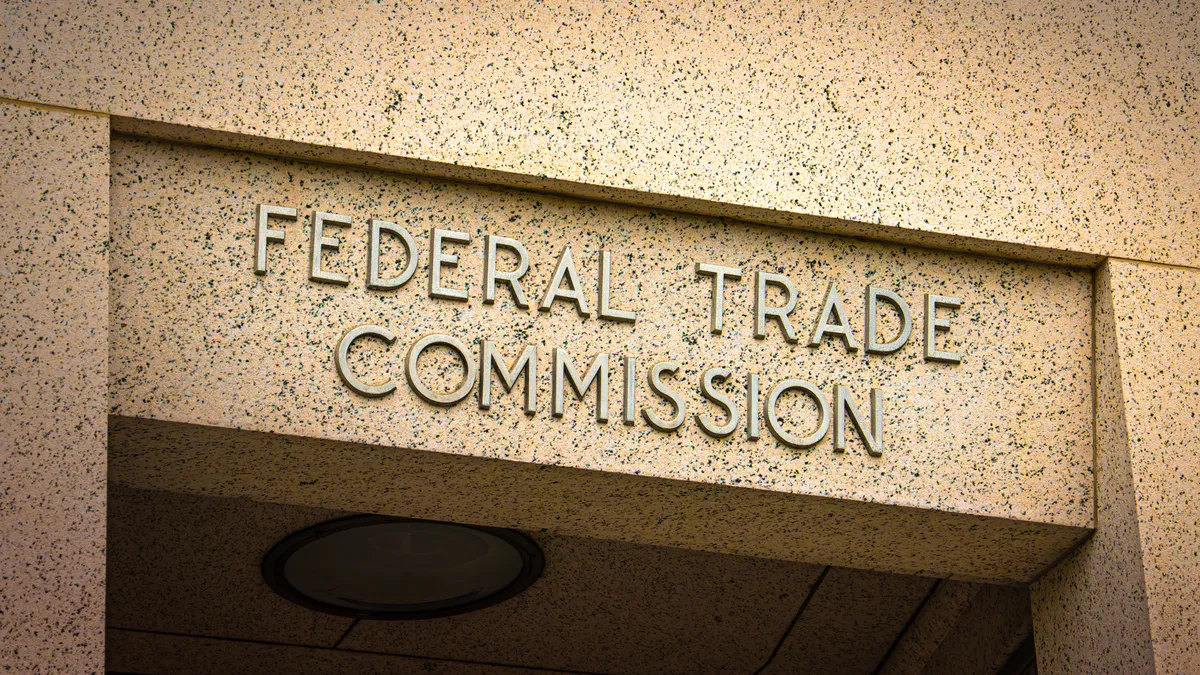Accounting and planning professionals hoping to become CFO should nurture their networks and not rely solely on their computational skills, veteran CFO John Bonney said in an Airbase webcast.
“Keep your eyes and ears open,” Bonney, CFO of software development platform company Harness, said. “Always be communicating with folks in different areas. Cast your net wide.”
Internally, although the CFO's biggest role is as a fiduciary who protects company finances, one should make themselves available as a resource to other functions.
“Everyone has goals they’re trying to achieve,” he said. “The question isn’t whether they’re going to get enough money in their budget, but how do we help them with the budget they have, and what are the risks and opportunities of achieving or missing their goals? [You want to] move from a reactive, reporting mindset to proactively helping the company achieve its goals.”
It’s the finance team’s role to help structure resources so risk is lower if a function area misses its goal, and it can over-achieve if it hits it.
“It’s that mindset that separates out those that become CFOs from those that don’t,” he said. “You can say no, but also come with a ‘how about this instead’?”
Growth pressures
The same thinking can help protect the CFO if the company comes under pressure to cut corners to support fast growth.
“Especially if you’re in the ecosystem of software and SaaS [software-as-a-service], the expectations are huge,” he said. “CFOs [have] a unique responsibility to support growth, but also put up guardrails.”
On the matters over which CFOs have flexibility, like sales compensation structure, they should make the necessary changes to get deals through. “I love sales commission variances,” Bonney said. “I want to see that.”
But on external-facing reporting, which investors and other stakeholders rely on for an accurate picture of company health, the CFO must stand firm against change.
“How we report ARR [annual recurring revenue] or revenue never changes,” he said. “You can’t change definitions on the fly, just for reasons of growth pressure. That sounds obvious, but these pressures become real. It’s just a question of being that extra conscience as the company grows.”
Social affinity
Bonney said he has an affinity for the social part of the job, and that’s helped him build and maintain a robust network of former colleagues and mentors that he continues to tap even though he’s been in the CFO seat for eight years.
“I was just exchanging benchmarks with two people that I hired that are now CFOs in their own right on how big of a G&A organization should we be as we scale and by what amounts,” he said.
You’re never too experienced not to seek out help from others, he added.
“There are so many other people who have done this seamlessly before,” he said. “Don’t try to figure out something on your own — your first time fundraising or figuring out a global plan. There’s no sense for you to take all that on yourself. That’s a mistake we all make.”
The same goes for bringing new people on board; CFOs should hire to fill their weaknesses. At Harness, which Bonney joined in early 2019 as its first CFO to help it prepare for rapid growth, he handled the financial planning and analysis (FP&A) function, which matched his background, but made it his first hire a controller to manage accounting.
“I had an accounting background, but I’m not well versed on the latest rules, [like ASC] 606,” he said. “I know enough to be dangerous. So, an accounting manager or controller was a priority for me. I can put that in-house and somebody lives and breathes that.”
He’s also a big believer in automation, so at Harness he put in AI-assisted systems to handle rote bookkeeping tasks so his in-house staff can focus on higher-value work.
“AI is buzzy, but it’s also real,” he said. “We use solutions internally that can really shorten the cycle around all the manual work finance and accounting used to have to do. It actually becomes easier if you can have fewer people doing more interesting things with less manual work.”
Doing less manual work can also help finance and accounting staff do the work that can help them advance their careers — network internally and externally.
That helps separate those who become a CFO and those that don’t, he said, from “being a scorekeeper to being a coach.”




















